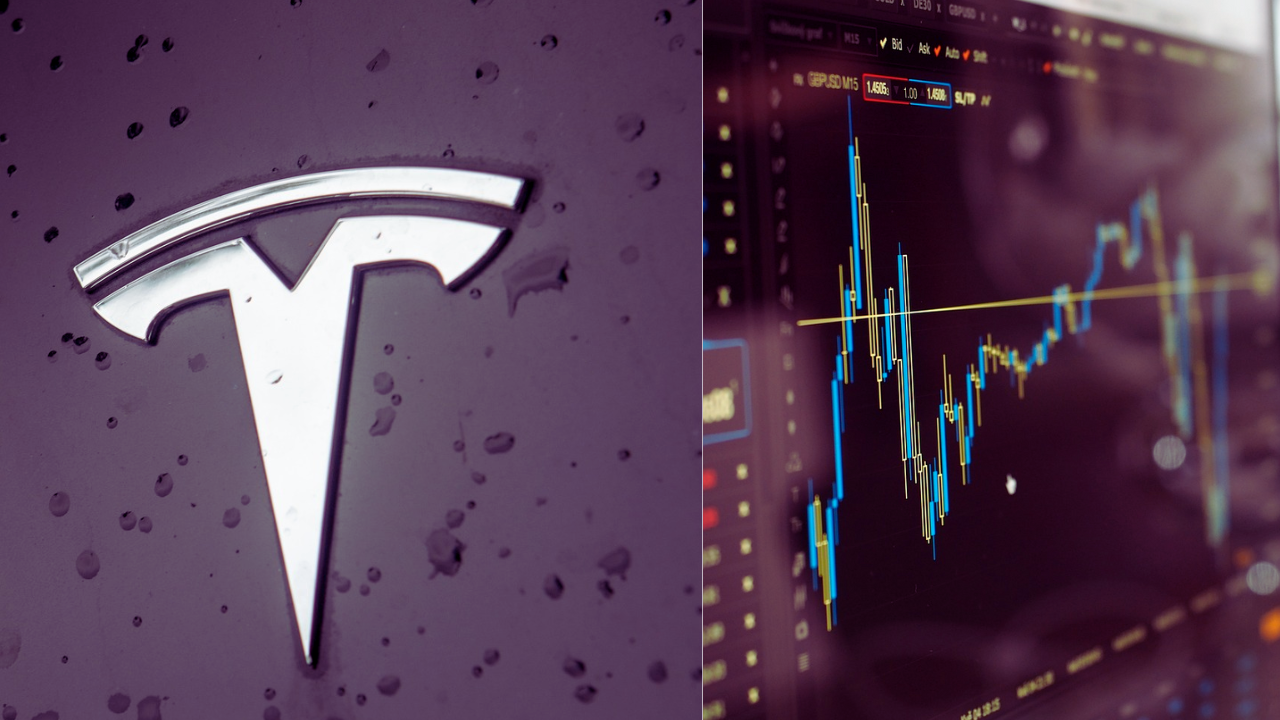
Tesla’s Recent Decline: The Worst Day in Five Years
Tesla, a trillion-dollar company, is currently experiencing a massive decline. The company’s stock also recently had its worst day in five years, and it has fallen by 36% year-to-date. Although Tesla’s stock has risen by 54% in the last 12 months, the recent fall has left individuals worried about the company’s future.
Elon Musk’s fortune is tied directly to the worth of Tesla shares, but he has also pledged his SpaceX shares for personal loans. The funds he had from selling his Tesla shares were used to assist him in purchasing Twitter, which he now refers to as X. Aside from his personal funds, Musk has been active in politics, such as assisting Donald Trump in becoming re-elected for a second presidential term.
Though Tesla’s stock price has dipped, Musk’s financial situation remains unscathed, and he is still the richest man in the world. Musk has indicated that he is not concerned about Tesla’s recent issues, but all indications are that the company is undergoing a dramatic transformation.
A report issued by Bank of America recently indicated that Tesla sales in Europe declined by 50% versus last year’s corresponding month. Others have put the decline down to Musk growing increasingly political, particularly in Europe, where his pro-Trump sentiments may have pushed away potential customers. Others attribute it to an increase in competition from Chinese EV manufacturers such as BYD, which are moving rapidly to increase their market in Europe.

Things are not right in China. Tesla deliveries dropped 49% year-over-year to just 30,688 vehicles in February — the lowest since July 2022 when production was severely impacted by pandemic-related disruptions. The decline is because of increased competition from local Chinese electric vehicle manufacturers, such as BYD, which has rapidly expanded its presence in the country.
One of the officials in the Chinese government, Cui Dongshu, the Secretary of China’s Passenger Car Association, warned Musk of the consequences of his politically motivated moves. According to him, the intense political inclinations of Musk may make him undesirable, particularly in a large market like China. According to Cui, welcoming all the customers is quite essential for the success of a businessperson in the international market, and the political lines drawn by Musk might frighten off potential consumers.
In response to the competitive pressure in China, Tesla is planning to release a more affordable version of its Model Y to defend its market share in the region. Meanwhile, in the U.S., Tesla also saw an 11% decrease in sales in January, contrasting with the overall growth in EV sales across other brands in America.
Musk’s reach is well beyond the corporate sphere. His role as de facto adviser to the Trump administration has only made public opinion about the tech billionaire more divided. This alignment has prompted boycotts in Europe, demonstrations, and even violent attacks on Tesla cars in the US.
The increased backlash against Musk’s politics may be damaging Tesla’s brand, as shoppers increasingly consider the political implications of their purchases.
Despite this, analysts have raised concerns about the long-term health of Tesla’s business. Some note that Musk has neglected Tesla’s core automotive business, focusing instead on ambitious plans for self-driving technology that have yet to come to fruition. Additionally, Musk’s decision to cancel Tesla’s more affordable $25,000 model in favor of the high-end Cybertruck, which has not seen significant sales, has also raised eyebrows.
Tesla’s core business of selling cars and batteries seems to be in shambles, and with Musk at the helm, nobody has any idea how the company is going to handle these problems. Analysts like Fred Lambert of Electrek are of the opinion that the future of Tesla is uncertain unless the company reverts to its original products and formulates a growth strategy for its core business.
Other analysts, though, remain optimistic that Tesla will do well in the long run. Morgan Stanley analyst Adam Jonas is one of such analysts. Jonas thinks that Tesla is evolving itself from just a car company to one that also deals with AI and robotics. Irrespective of the company’s present woes, Jonas is sure that investors will be able to visualize Tesla’s dominance of such growing markets, especially in AI, by 2025.
While Tesla’s immediate future appears uncertain, the company’s shift into AI and robotics may ultimately secure its position as a leader in the evolving tech and automotive industries. Nevertheless, for now, the combination of declining sales, political controversies surrounding Musk, and mounting competition poses significant challenges for Tesla as it navigates this transition.
- $10K/Month Baseball Academy? Setup & Revenue Blueprint - August 1, 2025
- Baseball Data Jobs Are Booming — Heres What They Pay - July 30, 2025
- Dream Baseball Job? Become a Sports Therapist in 2025 - July 29, 2025







